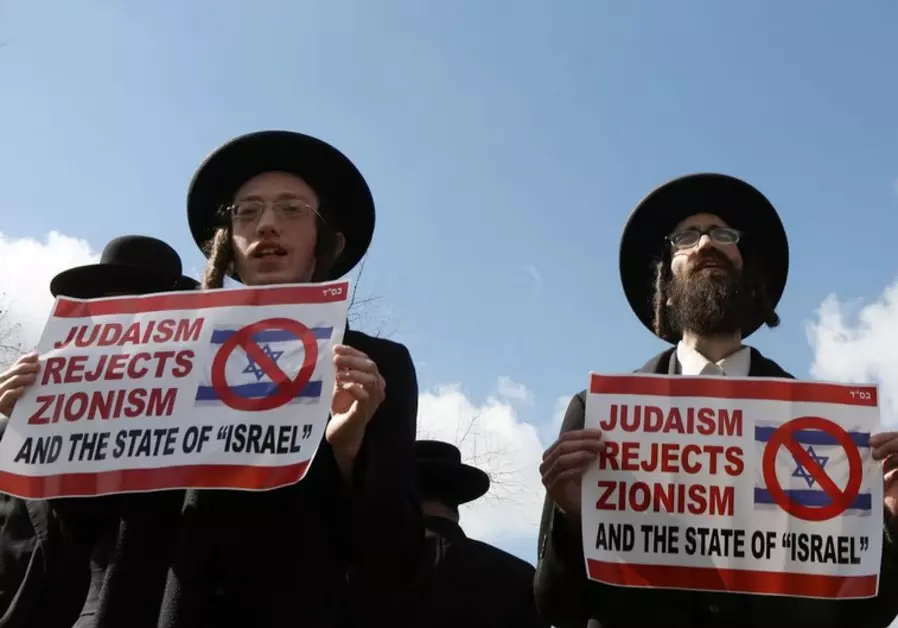By attaching a military goal to each act of killing, Israelis of all stripes could partake in the slaughter without questioning the morality of their actions.
A few months after October 7, I enrolled in an introductory course on genocide at the Open University of Israel. The lecturer began the first class by telling us — about 20 Jewish-Israeli students gathered on Zoom — that by the end of the semester we would understand exactly what genocide entails and be able to explain why Israel is not committing genocide in Gaza.
In a nutshell, his argument was this: At most, Israel might be destroying Gaza, but its actions are driven by military objectives rather than an “intent to destroy” a specific group “as such,” as the Genocide Convention outlines. Without this intent, he concluded, the term genocide does not apply.
Over the past two years, I have published numerous investigations exposing details of Israel’s open-fire policy in Gaza, several of which have helped substantiate legal claims of genocide. When South Africa filed its case against Israel at the International Court of Justice (ICJ) in January 2024, it relied in part on our November 2023 exposé that revealed Israel’s AI-driven mass assassination campaign targeting the family homes of alleged militants. When a UN committee similarly reached the conclusion last month that Israel has committed genocide, it relied in part on another of our investigations showing that more than 80 percent of Gaza’s dead were civilians according to an internal Israeli intelligence database.
…
Others in Israel and around the world — myself included — looked at Israel’s slaughter of civilians, Gaza’s starving children, the mass graves, and the endless forced displacement and thought of those same events from the opposite perspective.
It is striking that the imagery of the Holocaust can serve both to justify Gaza’s destruction and to resist it. This paradox speaks to the power of genocide as the dominant moral language of our time, and to the reality that Palestinians must often translate their suffering into that language to even be heard as victims.
Yet to see the past two years not only through the prism of genocide but also as a second Nakba — a sustained project of erasure aimed at destroying both a people and the space they inhabit — may bring us closer to grasping the nature of Israel’s actions. Whereas genocide is often understood as violence for its own sake, the Nakba represents violence with a purpose: the removal and replacement of a people.
And yet, as a Jewish-Israeli faced with the horrors of the past two years, I cannot help but think in Holocaust terms. The destruction of Gaza has enabled me to better understand not only the stories of the victims but also of the perpetrators — the silent majority who facilitated atrocities through their actions and the stories they tell themselves to justify it all.

